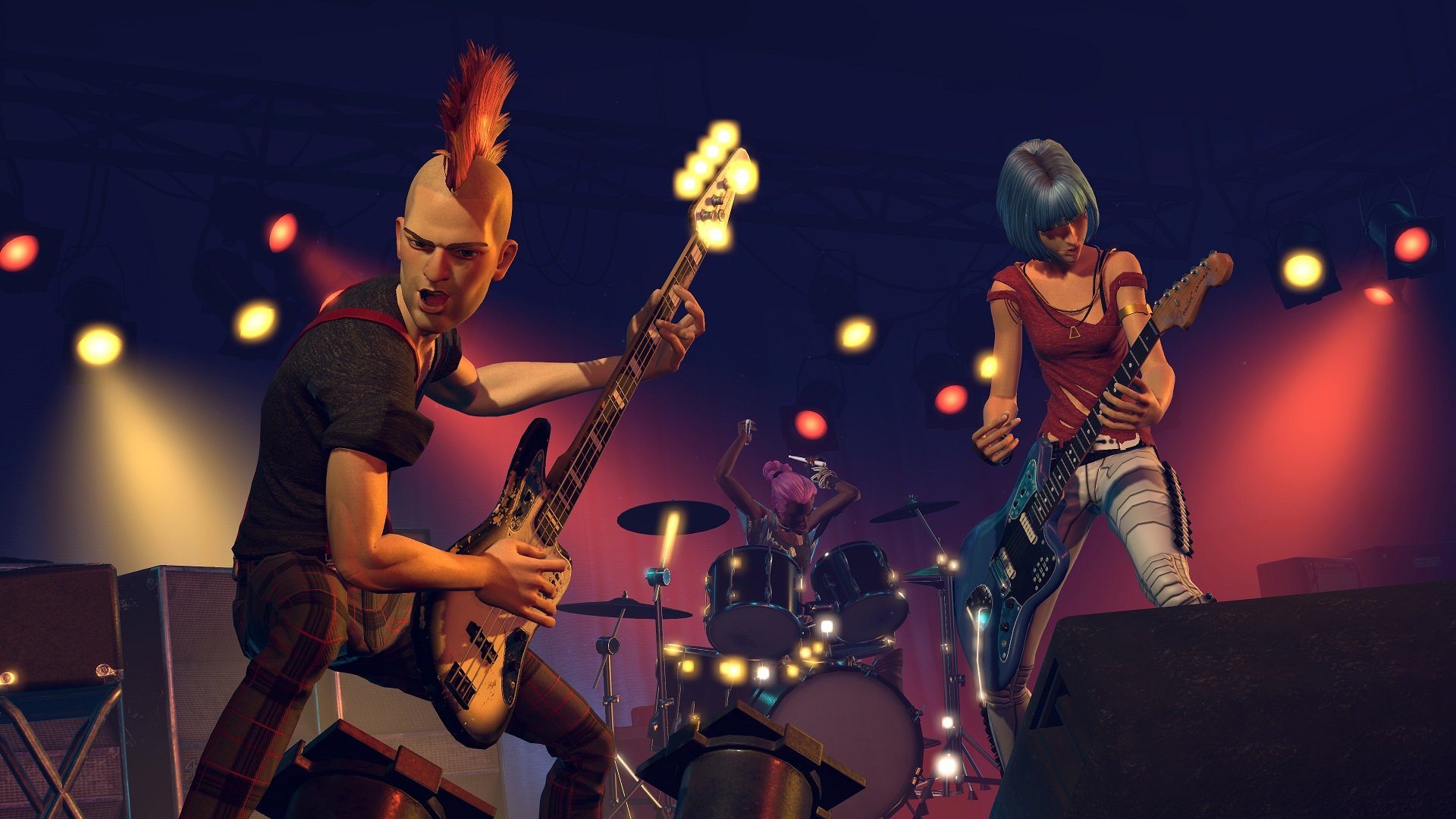‘We got (that) wrong last year’
Rock Band developer Harmonix has two very obvious goals in mind for the release of the Rivals expansion in October. On one hand, it wants to give existing customers something new, a reason to keep playing the game. On the other hand — and this feels markedly more important — it wants new people to buy Rock Band 4, instruments and all.
This was something Harmonix struggled with upon Rock Band 4‘s initial release. There’s a perception that the game bombed, and one of the leading contributors to that narrative was that everything was just too expensive. For what it’s worth, Harmonix refutes claims that it didn’t sell well and tells Destructoid that it actually exceeded internal projections. But, the developer certainly cops to the fact that it was pricier than it would have liked.
“From my standpoint, I look at this as a thing that we got wrong last year.” That’s Rock Band 4 product manager Daniel Sussman, and he’s talking to us about where Harmonix can make improvements. He continued, “I think our bundles were too expensive and that there were people who were priced out of the Rock Band 4 experience.”
Sussman’s right. Rock Band 4 launched at $250 for the “band in a box” set; it was $130 for just a guitar and the game. That’s a fair amount of coin — especially when you consider that new consoles were selling for right around $300 during the holiday season. Why should people drop $250 on one game when an extra $50 or so will get them a machine that can play many games?

Something had to give if Harmonix wanted to make any headway with that second demographic, those who never bought Rock Band 4 the first time around. Sussman says “This was an objective that we had coming in: To make sure that for folks who did not buy last year that there are very few reasons to not buy this if they like music and they like music games.”
In short, everything gets cheaper. Come October’s release of Rivals, the “band in a box” set with the expansion will run $200; the game with only a guitar is $90. Sussman mentions that he’s “very happy with this,” pointing to more software and the same amount of hardware (improved hardware at that) at a better price.
Why is everything cheaper, though? It makes sense to discount a game after it has been on shelves for a year, but it’s not like it suddenly costs less to manufacture plastic peripherals. After a high-profile breakup with Mad Catz, Harmonix turned to PDP to co-publish Rock Band 4 Rivals. It seems that the consumer savings may be entirely a result of the switch in hardware companies.
When asked point-blank how Harmonix is able to reship Rock Band 4 at a significantly lower price, Sussman took a glass-half-full approach and didn’t explicitly throw Mad Catz under the bus. He could have, though. Instead, he focused on PDP, saying “There are a lot of ways for me to answer that question. One of which is that the economics work out for PDP in a way that make it possible to do this. Part of that is the efficiencies that they have running product from factory to retail. Part of that is the perspective they have on what acceptable margins are. Part of it is their perspective as it relates to retail negotiations and all that kind of stuff. There is a lot that factors into this price.”
Late adopters don’t so much need to be concerned with the hows and whys of their lower-cost Rock Band 4, just that it’s a better deal for them. That’s how these things generally go. You pay a price to have something immediately. In this case, it’s a price that not even Harmonix was necessarily comfortable with.








